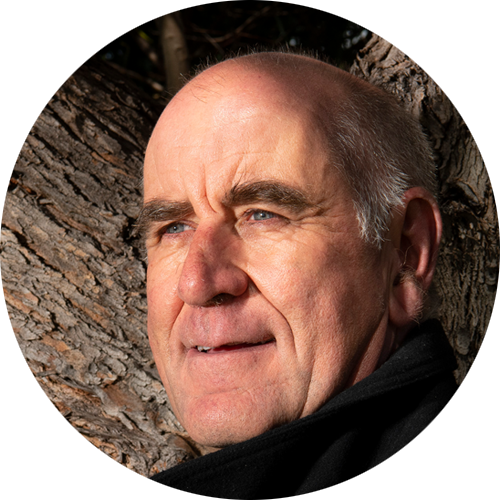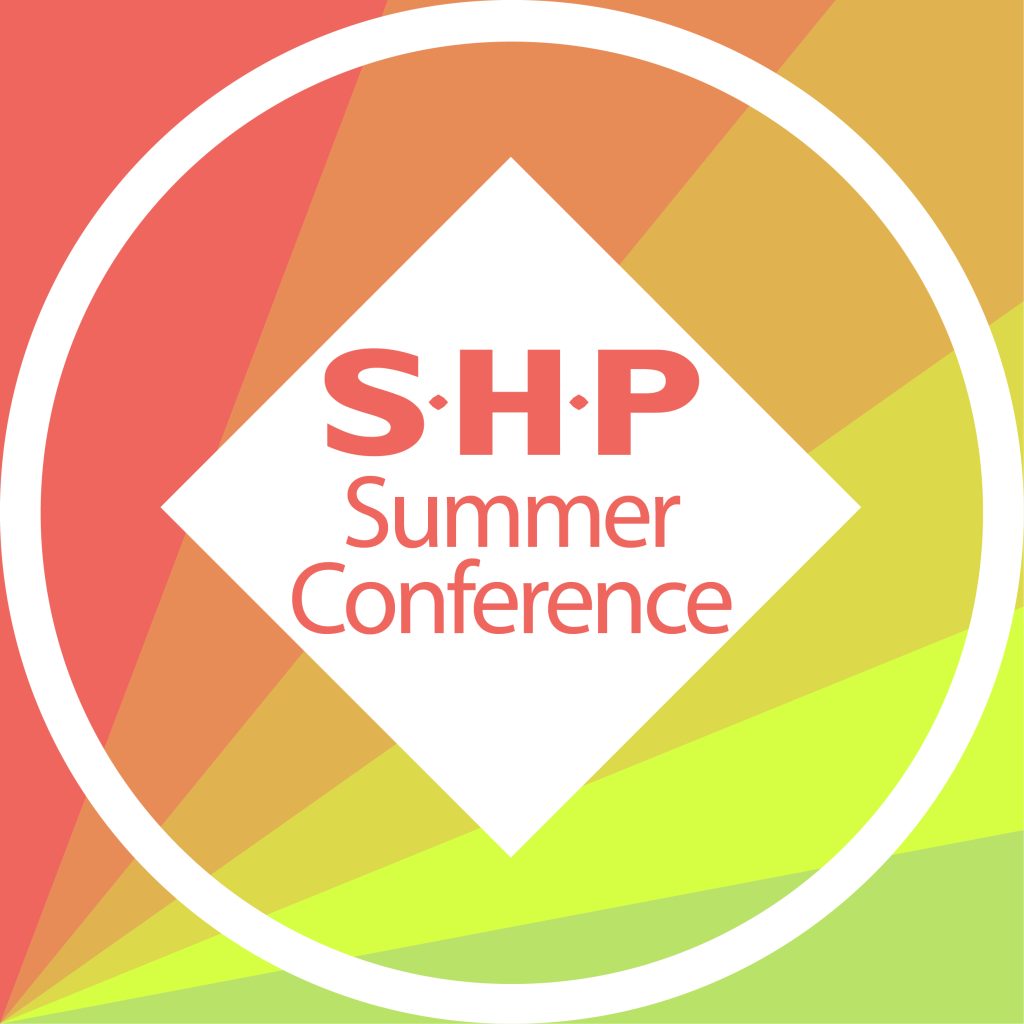While there are still places available for the SHP Summer Conference (8-10 July, Leeds), we are pleased to share more information about the plenary sessions that will be open to all delegates.
Partition of British India, 75th anniversary: KS3 Online Assembly
2022 sees the 75th anniversary of the Partition of British India. This monumental event led to an untold number of deaths, the largest movement of people in human history and, arguably, marked the beginning of the end of the British Empire. However, this event isn’t always given the time it deserves in our classrooms. The National Archives, with historian Eleanor Newbigin (SOAS) are here to help change that.
In their plenary session, they will launch of a new KS3 online assembly and accompanying resource pack to help you include this world-shaping event in a simple, accessible but rigorous way.
The online assembly is designed around a 10 minute video in which Eleanor, Hannah and Iqbal explore the narratives that have been handed down or presented to us about these momentous events. Working with a mystery document and oral testimony the session will provide a powerful insight into some new and innovative approaches to unpicking the colonial archive and how we can develop a more thoughtful and attentive pedagogy.

Hannah Carter
Hannah manages the schools Education programme at The National Archives and is a former history teacher. The Education workshops at The National Archives are framed around original documents and the ethos that history is an active process. It is felt this approach deepens understanding of how knowledge about the past is constructed and how historians ‘make’ history. She has an MA in Refugee Studies and a particular interest in the history of forced displacement. This has informed a number of the projects she has been involved in, including a programme of events run during Refugee Week 2021 exploring the stories of Basque refugee children in Britain.

Eleanor Newbigin
Eleanor Newbigin is senior lecturer in the history of modern South Asia at SOAS, University of London. She is interested in histories of gender, law and political economy. Her research looks at the end of imperialism in India and the place of the Indian subcontinent in global histories of democracy. In the last few years, however, against the backdrop of Brexit and changes in the UK Higher Education sector, she has become increasingly interested in questions about the historic, and present day, relationship between empire and education.

Iqbal Singh
Iqbal Singh joined the Outreach Team at The National Archives in 2015. He has led on a number of projects including on the 1919 Race Riots, South Asia and the First World War, colonial seafarers in the 1920s, and The Partition of British India. He is currently leading two pioneering programmes, the first is looking at mixing archival research with therapeutic practice to address histories of racism, colonialism and empire. The second is employing drama to widen and deepen our understanding of the past; and exploring at times contested histories with a degree of warmth and humanity.
Imperialism at Home and Abroad
The enclosure of vast swathes of England from the seventeenth to the nineteenth centuries can be understood not just as a precursor to the imperial project, but as an integral part of it. While the status or suffering of commoners cannot be equated with newly colonised Indigenous peoples, the long ‘fight for the Fens’, reveals that being ‘English’ did not prevent dispossession from traditional lands, the total transformation of country, colonization by new settlers, the crushing of resistance through force, or a close partnership between private capital and state power. The evolving logic and systems of empire were expressed in the conquest of England’s last lowland ‘wilderness’, the vast wetland region known as the Fens. This session will explore the long struggle against the drainage and enclosure of this country and reflect on the parallels and differences between the state-sanctioned appropriation of common lands in Cambridgeshire, Lincolnshire, and Norfolk, with the early colonization of Australia.

James Boyce
James Boyce is a multi-award winning historian whose latest book is Imperial Mud: the Fight for the Fens. Dr Boyce has written extensively on Australian colonisation including the celebrated tomes, Van Diemen’s Land and 1835: The Founding of Melbourne and the Conquest of Australia. A research associate at the University of Tasmania, family connections bring him regularly to England where he likes nothing more than to camp under the vast Fenland skies.
History and the climate emergency: environmental history in the classroom
The climate crisis will create some of the greatest challenges our pupils will face in their adult life. Do we do enough to help them understand it?
This session will make the case for introducing environmental perspectives into the history curriculum drawing from established revisionist critiques. Kate Hawkey and Verity Morgan show how history education has an important, and often overlooked, contribution to make in deepening our understanding of the current environmental crises. They will look at the disciplinary, pedagogical, and subject knowledge challenges of including environmental perspectives in the curriculum. They will present a variety of practical strategies on curriculum topics ranging from the Black Death to the First World War. Their aim is to start a conversation and to encourage teachers wanting to adapt their classroom practice in light of the environmental challenges of our age.

Kate Hawkey
Kate Hawkey is a senior lecturer at the University of Bristol where she co-ordinated the secondary history PGCE for many years. She is currently writing a book on history education and the climate emergency to be published by UCL Press.

Verity Morgan
is a teacher of history at The Cotswold School who is currently undertaking a PhD in Education at the University of Bristol. Her research focuses on teacher perceptions of teaching environmental history in the classroom.

